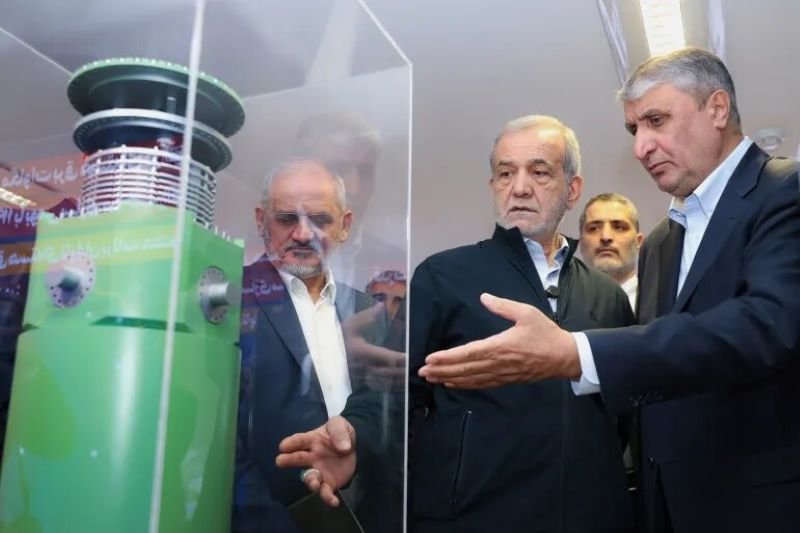Tehran (TDI): A senior Iranian lawmaker has warned that Iran might withdraw from its regional security commitments if European nations take steps to restore United Nations sanctions on the country. The warning comes amid a deadlock in nuclear talks and rising diplomatic tensions.
Speaking to Borna News on Monday, Abbas Moqtadaei, a prominent member of Iran’s parliamentary national security commission, said Iran would consider a range of responses, including pulling back from efforts to maintain security in key waters like the Persian Gulf and the Strait of Hormuz.
“We possess multiple options. Iran could decide to step away from its role in securing the Persian Gulf and surrounding maritime areas,” Moqtadaei said.
His comments were made ahead of a scheduled meeting this Friday in Istanbul between Iranian deputy foreign ministers and their counterparts from Britain, France, and Germany, collectively known as the E3.
Read More: Germany, France, UK Prepare for Renewed Nuclear Dialogue with Iran
The E3 nations have threatened to reinstate international sanctions on Iran by the end of August if Tehran fails to reengage in meaningful dialogue over its nuclear activities.
These talks, including indirect ones between Tehran and Washington, have largely stalled, especially following Israel’s airstrikes on Iranian nuclear sites in June.
Moqtadaei also cautioned Europe about its own vulnerabilities. “When Europe is already entangled in tensions with Russia, China, and even the United States, it cannot afford further instability in the Strait of Hormuz,” he noted.
Last week, Iran’s foreign ministry also warned of consequences if the E3 invoked the so-called UN snapback mechanism, a clause in the 2015 nuclear deal that allows sanctions to be reimposed if Iran violates the terms. That mechanism is set to expire on October 18.
Read More: US, Allies Set August Deadline for Iran Nuclear Agreement
In a letter to UN Secretary-General António Guterres, Iran’s Foreign Minister Abbas Araqchi questioned the legal authority of the E3 to invoke the mechanism. He argued that their recent support for Israeli and US actions against Iran’s nuclear infrastructure meant they no longer qualified as full participants in the 2015 accord.
The nuclear agreement, originally signed by Iran, the E3, China, Russia, and the United States, offered Iran relief from sanctions in return for curbs on its nuclear activities. But after the US pulled out in 2018, the deal has unraveled, and tensions have continued to rise.
Farkhund Yousafzai is an Associate Editor at The Diplomatic Insight.



